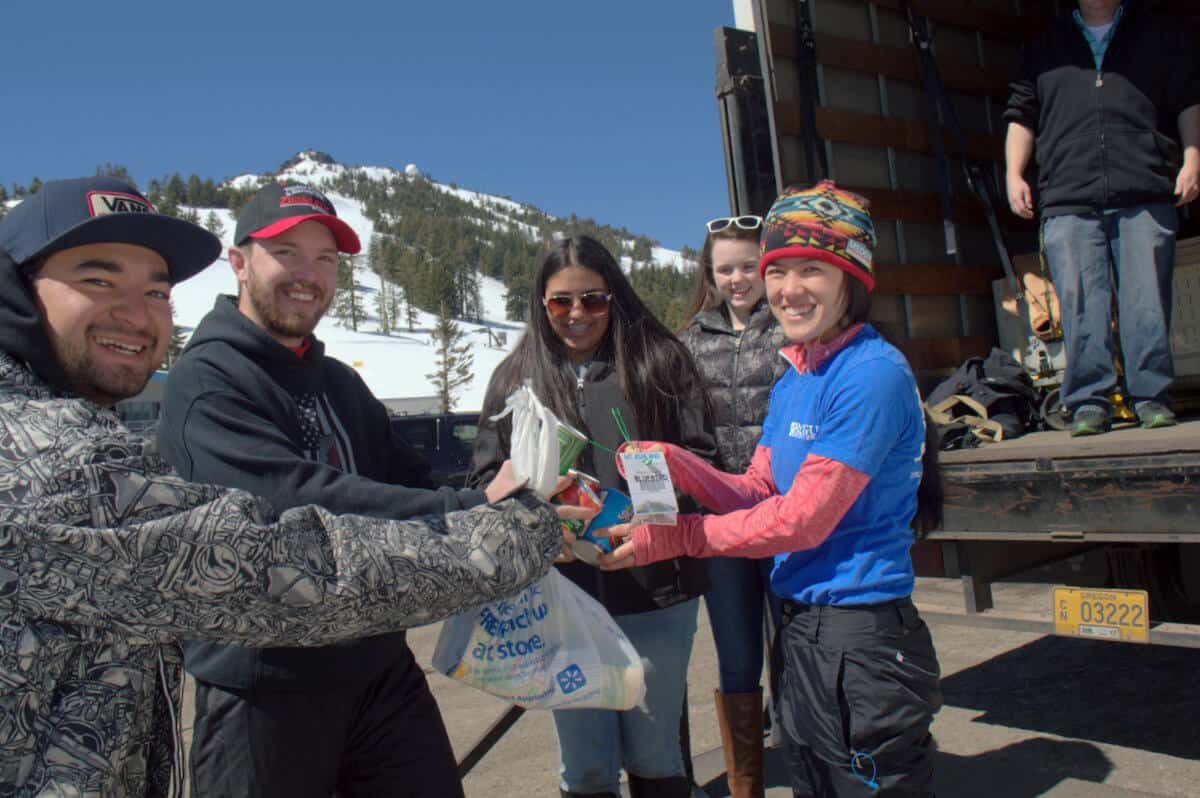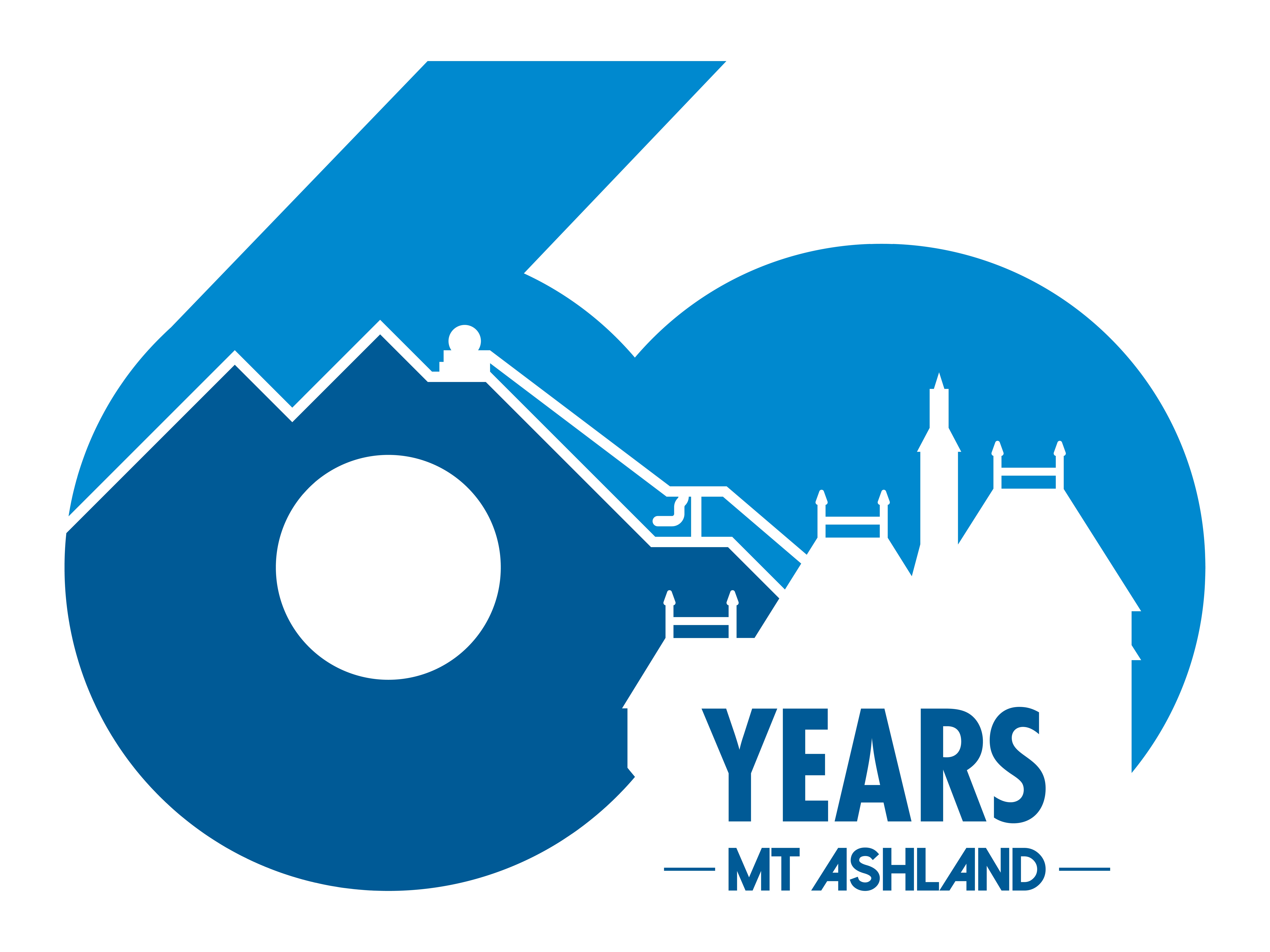Sustainability at Mt. Ashland
Mt. Ashland, like many smaller ski areas, has found itself on the brink of closure several times. We wanted a more certain future for Mt. Ashland and the community we serve, and therefore we took a much more holistic approach to sustainability.
We partnered with STOKE Certified to access their comprehensive system that provides easy-to-use tools for all areas of sustainability management. Their program takes an incredibly broad look at all areas of sustainability from business practices, from cultural integrations to how Mt. Ashland can better serve the diverse communities of Southern Oregon and Northern California.
We are proud to be the first ski area to achieve this very special certification and to have a partner in our future success with STOKE.


STOKE Certified
In 2015, STOKE Certified made a complete assessment of all of Mt. Ashland’s practices, policies, community engagement, environmental sustainability, and more. The assessment report and accompanying Road Map led our efforts to become better stewards of our planet and more engaged in the Southern Oregon and Northern California community. As an example, Carl and the STOKE team were instrumental in securing grants and negotiating the regulatory framework for our Solar project, shown below. We achieved STOKE Certification in May, 2017.

Overall STOKE Score - 77%
Mt. Ashland’s management team utilized the STOKE Sustainability Management System Template to create our own comprehensive set of policies and procedures for our sustainability initiatives. The Mt. Ashland Association Board conducts an annual review of our long-term sustainability goals. These guide all management practices, staff training, policies and procedures, goals, and implementation strategies. This is our go-to document and your guarantee for an epic day on the hill for many winters.
Since the community banded together and took ownership of the mountain in 1992, the nonprofit Mt. Ashland Association has committed to providing a greater impact on the Rogue Valley beyond the stoke of turning and burning. With the support of local donors and sponsors, the longstanding After School Youth Program has taught more than 30,000 local elementary and middle school students how to ski and snowboard since the program began over 20 years ago. Southern Oregon University’s proximity to Mt. Ashland not only means students can sneak turns between classes, but they also use the ski area as a lab for their environmental restoration studies, hospitality management projects, and interpretation programs. These education initiatives are grooming stewards of the mountain for generations to come.
Vertical feet, number of lifts, and average annual snowfall are typically what you look for in a ski area, but the terrain should not be your only focus. You can get just as stoked on the culture, heritage, and environment that keeps you coming back for more than fresh turns. Mt. Ashland, who celebrated their 50th year anniversary in 2015, is culturally and environmentally rich with close proximity to Ashland and the Siskiyou Wilderness respectively. In summer 2016, Mt. Ashland hosted a bioblitz day in celebration of the National Geographic’s Every Kid in Park program where fourth graders were invited to find and identify as many species as possible in a specific area over a short period of time. Local scientists, park rangers, schools, and businesses participated in the event to educate the next generation about one of the most biodiverse regions in the world that Mt. Ashland calls home. During the three slope care days Mt. Ashland hosts in the summer, volunteers learn about the ski area’s erosion control and watershed management practices and how they affect wildlife habitat and the City of Ashland’s water source. The Environmental Committee and mountain ops teams are working on a formal interpretation plan in collaboration with the local Forest Service, students from Southern Oregon University, and local nonprofits for on-slope interpretation as well as in the renovated lodge as the ski area transitions to year-round operations.
Transitioning to renewables is vital to the future of the skiing industry (and the world of course). Mt. Ashland was the first Early Adopter of the STOKE Snow program when they were bench-marked by STOKE and provided with a Roadmap to Sustainability Report in March 2015. One of the major outcomes of their Roadmap Report was a $65,552 grant and nearly $27,000 in incentives for an 85-panel rooftop solar system that was installed in July 2016. The solar PV system produces about 12% of the ski area’s annual energy needs. Live performance and historical data from Mt. Ashland’s solar PV system is available on our website here.
